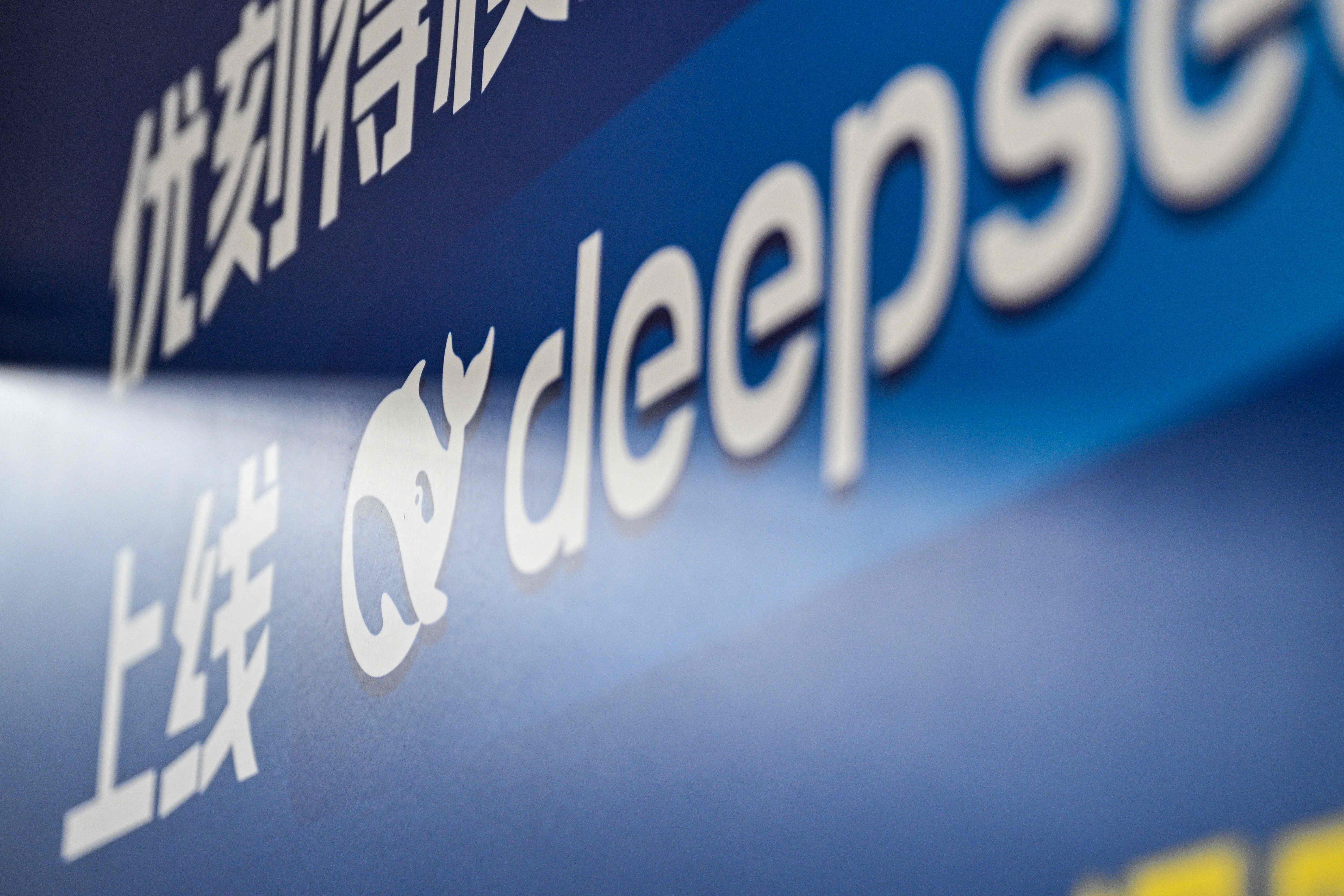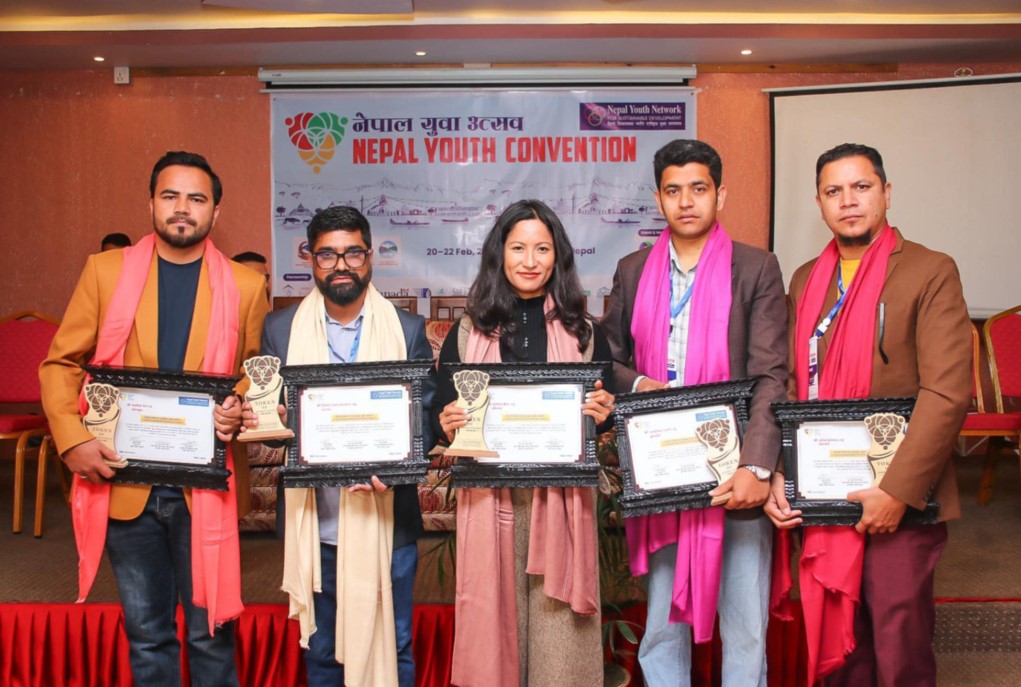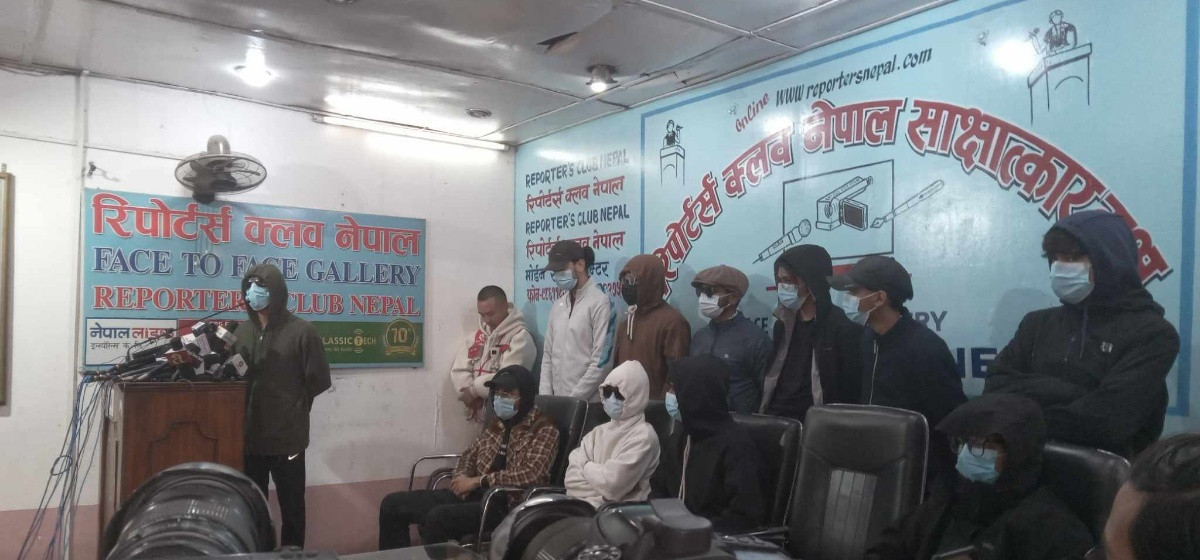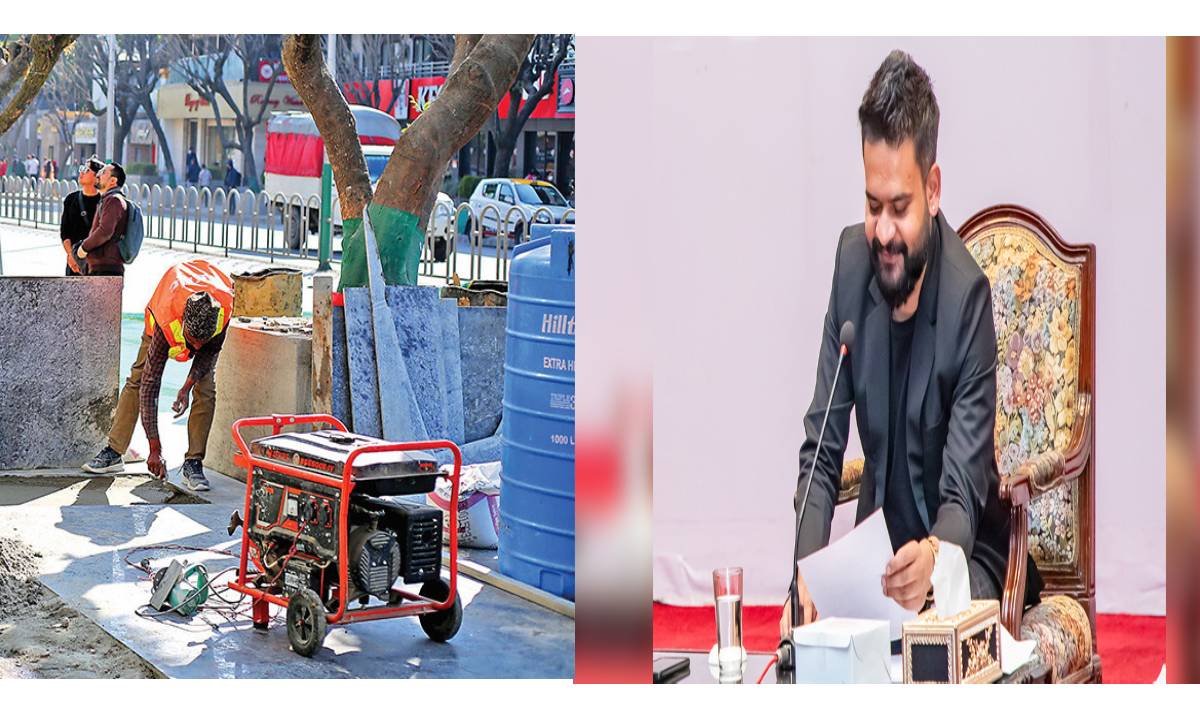KATHMANDU, Sept 7: A two-day Water and Sanitation Regulatory Conference for South Asia kicked off in Kathmandu on Thursday, bringing together distinguished experts, policymakers, and stakeholders dedicated to revolutionizing water and sanitation services across the region.
The conference aims to facilitate a comprehensive understanding of successful regulatory frameworks from Malaysia, the Philippines, East and Southern Africa, and foster discussions on tailored approaches for Bangladesh, Nepal, and Odisha (India). The conference is expected to be a catalyst for monumental shifts in the region's water and sanitation landscape.
Institutional and regulatory frameworks emerged as central themes during the inaugural sessions of the conference. Expert speakers addressing the regional event emphasized that a strong institutional and regulatory framework is the bedrock of Comprehensive Water, Sanitation, and Hygiene (CWIS) outcomes. These frameworks, they noted, empower utilities and local authorities to plan effectively, ensuring the availability of critical resources, and instilling public confidence in sanitation services.
Addressing the inaugural session of the event as the chief guest, Minister of Water Supply Mahindra Ray Yadav emphasized the focus on WASH regulatory reform in Nepal. “Water and sanitation services are not only the bedrock of human wellbeing and dignity but also a cornerstone for development,” he said.
South Asian countries unite to strengthen water and sanitation...

He also expressed the Nepal government’s unwavering commitment to ensuring water supply and sanitation in Nepal.
Secretary at the Ministry of Water Supply Ram Adhar Sah shed light on the importance of safe, inclusive, and sustainable water and sanitary services. “Access and hygiene practices are the fundamental practices of human life. By delving deeper into the intricacies of regulatory aspects, we lay the cornerstone for healthier and equitable water and sanitation services,” he said.
Secretary Sah also expressed confidence that the participants gathered from across the region would be able to step out of the conference with a profound sense of shared unity in pursuit of clean water and sanitation services.
Joint Secretary at the MoWS Tiresh Prasad Khatri made a comprehensive presentation about Nepal’s WASH regulatory reform over the years. “The constitution of Nepal 2015 has ensured the right to a clean environment, health-related rights (access to safe water supply and sanitation), and the right to the consumer. The legal journey of water supply and sanitation began in 1966 with the Water Tax Act 1966, where taxation of drinking water was established,” he said.
The integration of water supply services into regulatory discussions was also underscored, acknowledging that these services often overlap in responsibility and delivery.
The regional event was organized by WaterLinks, a non-profit organization in collaboration with the Bill and Melinda Gates Foundation, along with various key stakeholders including UN-Habitat Nepal, UNICEF, Bangladesh, Asian Development Bank (ADB), and the World Bank (WB) with the objective of expediting regulatory reform for an improved WASH sector across the region.
The conference has set forth several objectives, including familiarizing participants from Bangladesh, Nepal, and Odisha with successful regulatory models from Malaysia, the Philippines, and East and Southern Africa. The conference also seeks to highlight the pivotal role of organizational structures in shaping successful regulatory frameworks and bolstering WASH services and scrutinizing the strengths and weaknesses of existing regulatory models, identifying areas for improvement.
Additionally, the regional event seeks to cultivate discussions on tailored institutional and regulatory frameworks that align with each participant's unique circumstances and pioneer the establishment of the Sanitation and Water Regulators’ Association in South Asia (SWARASA), drawing inspiration from the success of ESAWAS in Africa.
Expert speakers and representatives from ESAWAS, Malaysia's National Water Service Commission (SPAN), and the Philippines' Metropolitan Waterworks and Sewerage System-Regulatory Office (MWSS-RO) bring their wealth of experience to the conference that aims to shape the future of South Asia's WASH services.
Established in 2009, ESAWAS has been instrumental in enhancing regulatory capacity in East and Southern Africa. Similarly, MWSS-RO, established in 1997, plays a pivotal role in regulating private concessionaires in the Philippines. The conference adopted an interactive format, allowing ample room for engagement.
Government representatives from Bangladesh, Nepal, and Odisha took the stage, sharing their current strategies for regulatory reforms. The ensuing spirited discussions delved into nuances, fostering a rich exchange of knowledge and ideas. The deliberation will continue on Friday.






































